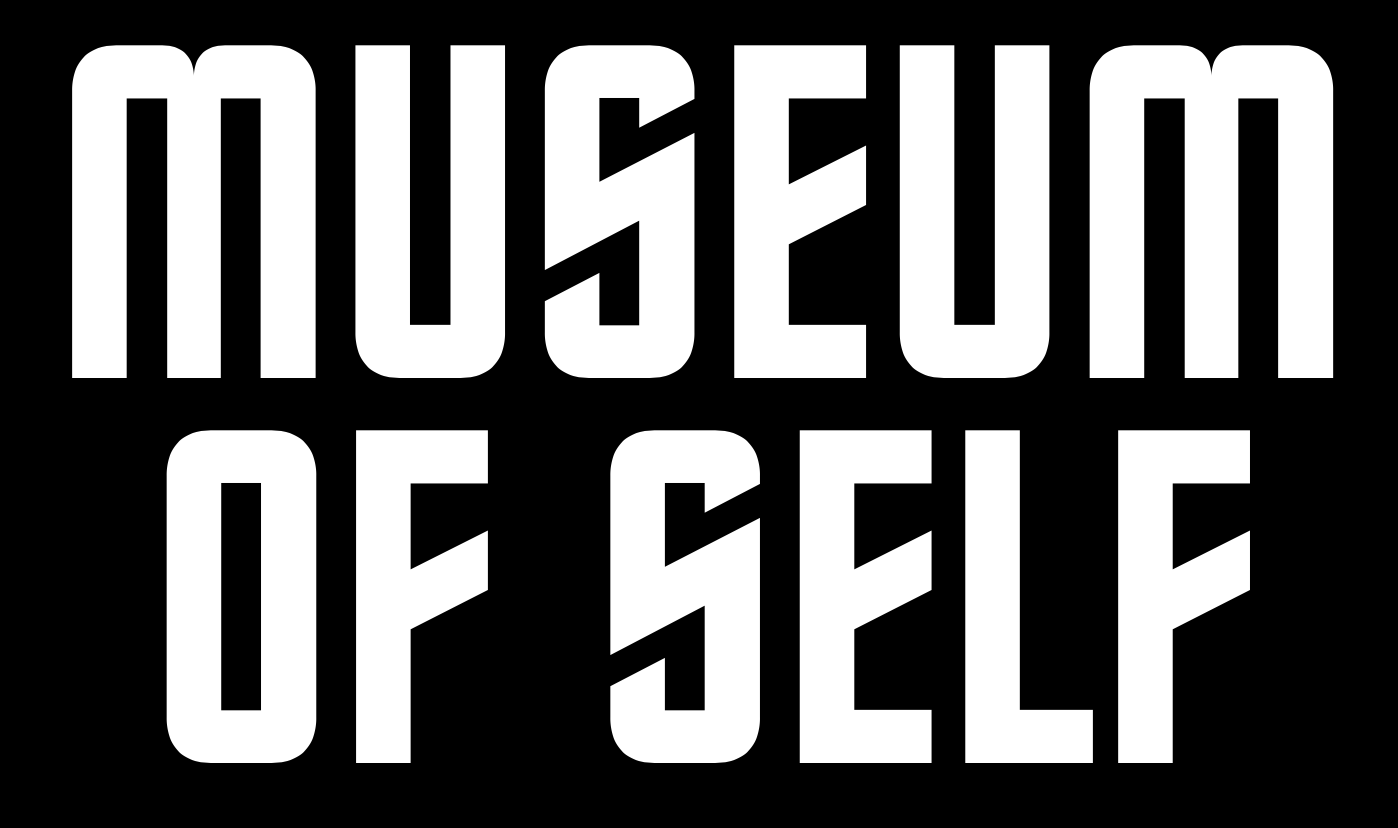Interdependence & Justice

Hi Beautiful Humans,
This is my third week exploring interdependence. The more I write about this topic, the more I see the importance in recognizing and living from a place of interdependence. Curious what has resonated for you along this series and what hasn't. As always, feel free to reply with any thoughts or feedback. And below this piece, you'll find this weeks artifact - an inspiring take on The Declaration of Interdependence.
When we realize we aren't separate and on some legitimate level we're all connected to and dependent upon the web of life; if we look into the truth of our experience and claim our interdependence, we see how our ability to care for things beyond our self grows.
Let's explore how interdependence permeates justice movements, to clarify how important it is to reclaim this value in our ways of being.
Social Justice
From ending colonialism to stopping slavery, interdependence has been a guiding philosophy for critical social justice movements.
For 200 years, the British conquered and colonized India by severely limiting their rights, subjugating them to oppressive tax laws (such as the infamous salt tax), and developed policies that increased severity of famines where an estimated 10 million Indians died.
Gandhi wanted independence from the United Kingdom for India, and the movement he's famous for leading ended British rule. At first, it might sound contradictory to want state independence and be guided by interdependence, yet as Gandhi shares here, autonomy and interdependence are not mutually exclusive.
“Interdependence is and ought to be as much the ideal of man as self-sufficiency. Man is a social being. Without interrelation with society he cannot realize his oneness with the universe or suppress his egotism. His social interdependence enables him to test his faith and to prove himself on the touchstone of reality.” ― Mahatma Gandhi
We can honor our sovereignty as unique people or nations, and recognize our fundamental interdependence at the same time. This pluralism is paramount.
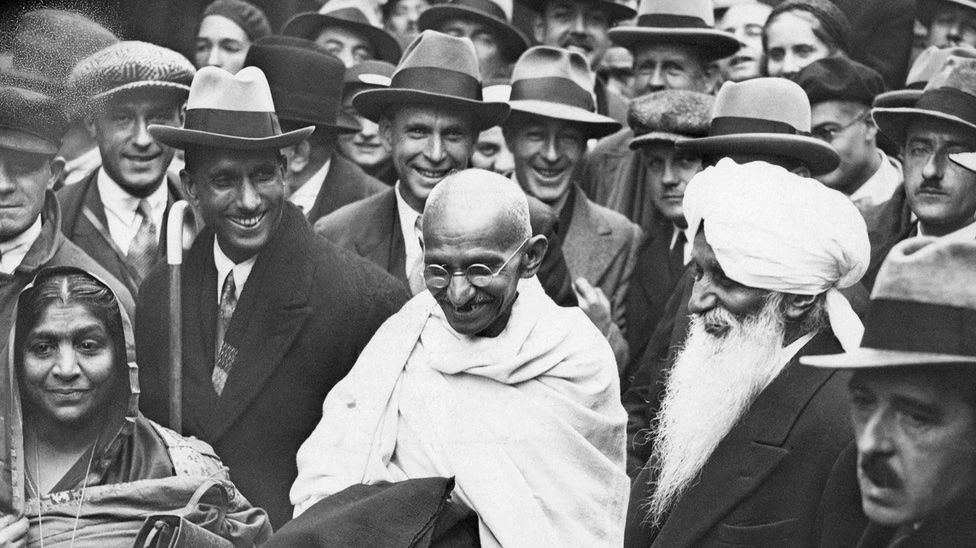
While Gandhi wanted independence from the unjust British rule, at the same time, he knew we need to live into interdependence. He believed self-soverignty could only come from nonviolence. Political Science professor Aparna Devare argues that nonviolence was central to Gandhi's tactics, in part because he believed self and other were fundamentally interdependent.
...Gandhi did not view the Self as clearly separable from the Other; the Self was internal to the Other and hence violence to the Other would also affect the Self. This was one of the underlying reasons behind his adopting a philosophy of non-violence. - Aparna Devare
Shifting to the United States, Martin Luther King Jr. was influenced by Gandhi's nonviolent tactics, as well as how interdependence is key for justice movements.
“In a real sense all life is inter-related. All men are caught in an inescapable network of mutuality, tied in a single garment of destiny. Whatever affects one directly, affects all indirectly. I can never be what I ought to be until you are what you ought to be, and you can never be what you ought to be until I am what I ought to be... This is the inter-related structure of reality... as nations and individuals, we are interdependent.” - MLK Jr.
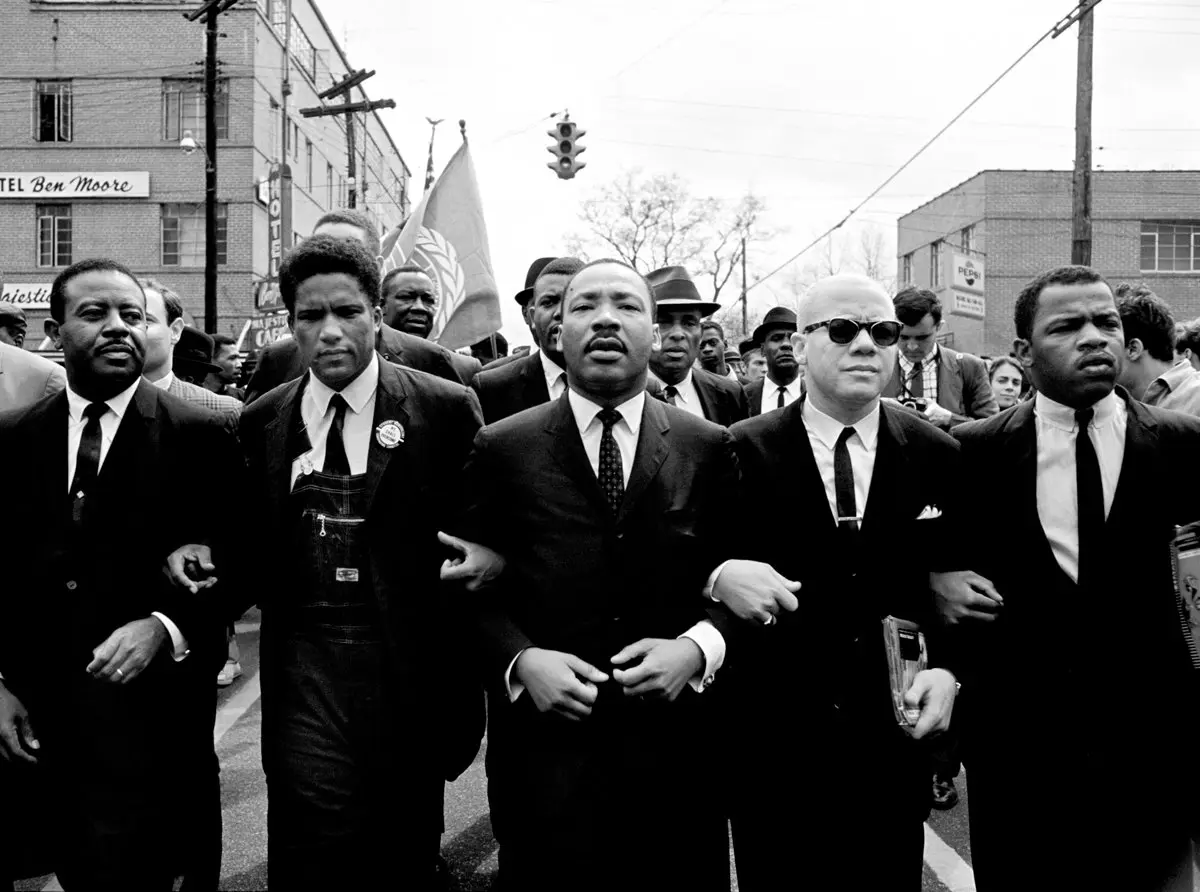
MLK Jr. also famously said, "the arc of the moral universe is long, but it bends toward justice." What helps it to bend towards justice? I'd wager reclaiming and acting from our interdependence. Perhaps the rate we can live into our interdependence will accelerate our arrival at more just future.
Ecological Justice
Moving from social to environmental activism, we'll see how reclaiming interdependence continues to play a critical role.
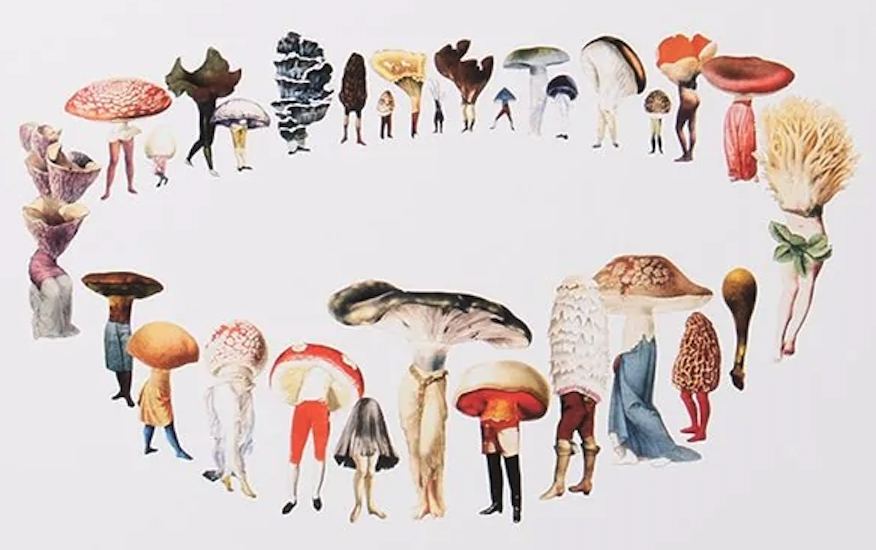
A fundamental assertion of ecology is that everything impacts everything else. Here's a take by Eastern Philosopher Alan Watts on how our worldview impacts the ecosystem:
"The hostile attitude of conquering nature ignores the basic interdependence of all things and events – that the world beyond our own skin is actually an extension of our own bodies – and will end in destroying the very environment from which we emerge and upon which our whole lives depends." - Alan Watts
To forget our foundational interdependence on the larger ecosystem has led to the climate chaos we're living into. Moreover, James Gustave, environmental lawyer and co-founder of the Natural Resources Defense Council, asserts our climate crises aren't going to be solved by scientific insight alone.
"I used to think the top global environmental problems were biodiversity loss, ecosystem collapse and climate change. I thought that with 30 years of good science we could address these problems. But I was wrong. The top environmental problems are selfishness, greed and apathy, and to deal with these we need a spiritual and cultural transformation, and we scientists don't know how to do that." - James Gustave
Solving our climate crises requires new ways of thinking, new ways of seeing the world, and our role in it. I believe interdependence will need be part of the spiritual and cultural transformation Gustave is calling as urgent.
We need to reclaim interdependence as a value, personally and collectively, if we are to alleviate our social and climate crises.
Artifact of the Week
Declaration of Interdependence, is a powerful, moving four minute crowdsourced video produced by Let It Ripple.
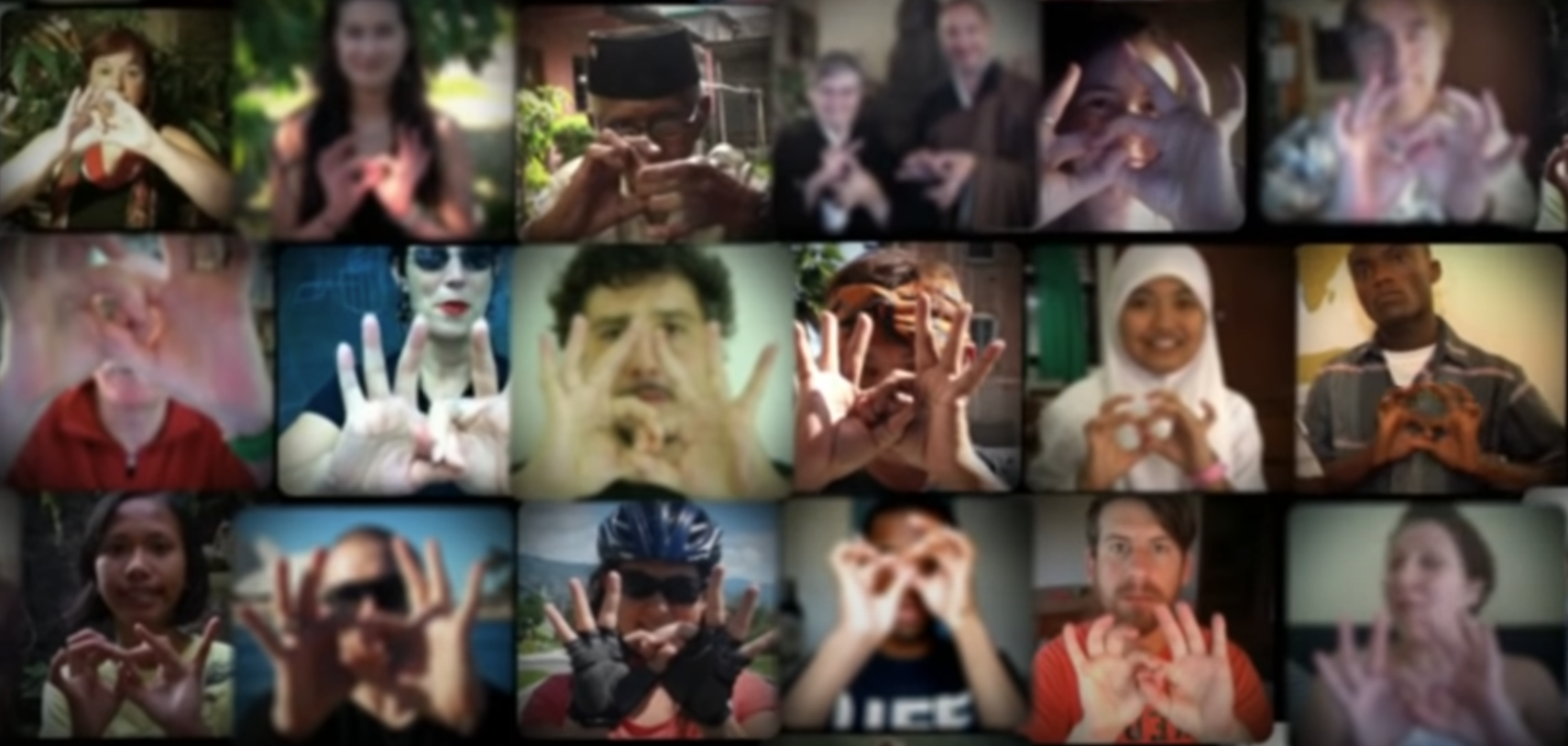
Let It Ripple rewrote the U.S. Declaration of Independence to be A Declaration of Interdependence, and posted the script online. Then they asked people all over the world to film themselves reading the script in their native language, and to send in the videos. Then artists were asked to interpret the words, and send in artwork.
This crowdsourced film is what unfolded. A Declaration of Interdependence demonstrates the vast potential of collaboration in the 21st century.
How else might we reclaim interdependence into our lives?
Much love,
David, human @ Museum of Self
